Are plastics really *that* bad for our environment? (The answer won't surprise you.)
/Plastics won’t be going anywhere anytime soon. Test your knowledge of how long it takes for common types of trash to break down
If you've spent part of your weekend at a cleanup event near the Potomac River, you know firsthand the astonishing amount of trash we can collect in a few short hours. Last year, volunteers bagged over 17 tons of litter from local green spaces and shorelines. If not for their efforts, all that trash would have continued to flow downstream into the Chesapeake Bay and out into the ocean.
Many of the items we find at our cleanups are disposable products like plastic bottles, aluminum cans, and styrofoam containers. But just because we are done with something doesn’t mean it is done with us.
What happens to the trash that gets left behind out in nature? Read on to learn just how long it takes for everyday disposables to break down in a marine environment.
Styrofoam
New stryofoam items are harder to come by in our area since the bans in Montgomery County, Prince George’s County, and the District have been in effect for years, but there’s still plenty of old styrofoam trash washing up on our shores. Do you know how long it’ll take for it to decompose? Click the arrow on the right to find out.
Since it's a type of plastic, styrofoam creates many of same issues for wildlife and water quality that other forms of plastic do. Styrofoam is highly absorbent and capable of soaking up other pollutants like pesticides. As saturated styrofoam disintegrates, those pollutants leach into the water, making it even more toxic.
Fishing Line
Nothing beats a beautiful spring morning spent fishing on the shores of the Potomac, right? But when a line accidentally gets tangled and is cut loose, how long does it stick around? Click the arrow on the right to find out.
Turns out, if Joan of Arc went fishing in the Potomac using a modern fishing line, we may still be able to find it in the river today!
Plastic Bottles vs. Glass Bottles
Spoiler alert: One of these takes A LOT longer to break down but is still a better choice for our river. Click the arrow on the right to find out.
Don't panic. There's good news: Glass is infinitely recyclable, and it can (and should!) be used over and over again. Plastic can really only be recycled once before it is processed into a non-reusable substance.
Another downside: Plastics are toxic and break down into smaller and smaller pieces without actually disappearing. These microplastics are a serious threat to wildlife, water quality, and public health. They release chemicals into the water, are toxic to animals that eat them, and they can harm underwater vegetation and habitat.
Aluminum Cans vs. Tin Cans
Do you know which takes longer to break down? Click the arrow on the right to find out.
Encouragingly, aluminum is the most recycled material in the United States. When recycled, both tin and aluminum can be back in business in just a few month!
Cardboard Boxes
Every cat owner knows cardboard boxes are man’s greatest gift to felinekind. But how long does the box take to breakdown after Mr. Whiskers is done? Click the arrow on the right to find out.
Not too bad, but it's best to recycle that box so it can be used again and again.
Disposable Diapers
Ten fingers, ten toes, and 10-14 diapers a day. Can you guess how long disposable diapers take to break down? Click the arrow on the right to find out.
What?! That's enough to make us all cry. Consider switching to cloth diapers and using disposables sparingly (or not at all).
The excitement of doing good. How long 'till it's gone?
The feeling you get giving back and protecting the Potomac? That never fades!
Potomac Conservancy volunteers give a few hours of their weekend to make a BIG difference for our local habitats and communities. Every nature lover who joins us helps us get closer to our goal of 40,000 pounds of trash removed from our waterways and parks in 2025!
Join us at our next cleanup event to get your hands dirty for clean water and experience that feel-good moment for yourself. Your children’s children’s children’s children will thank you.


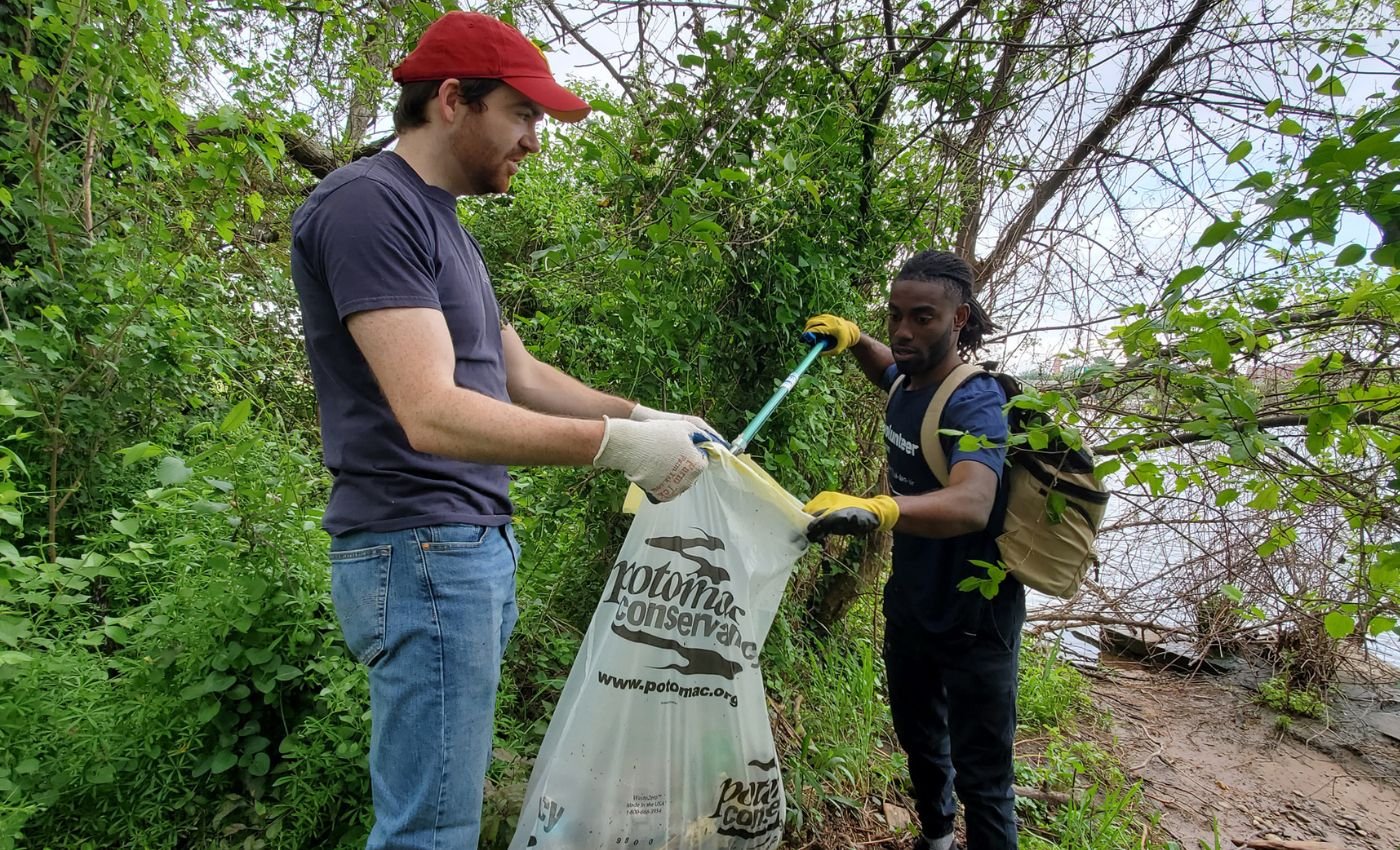
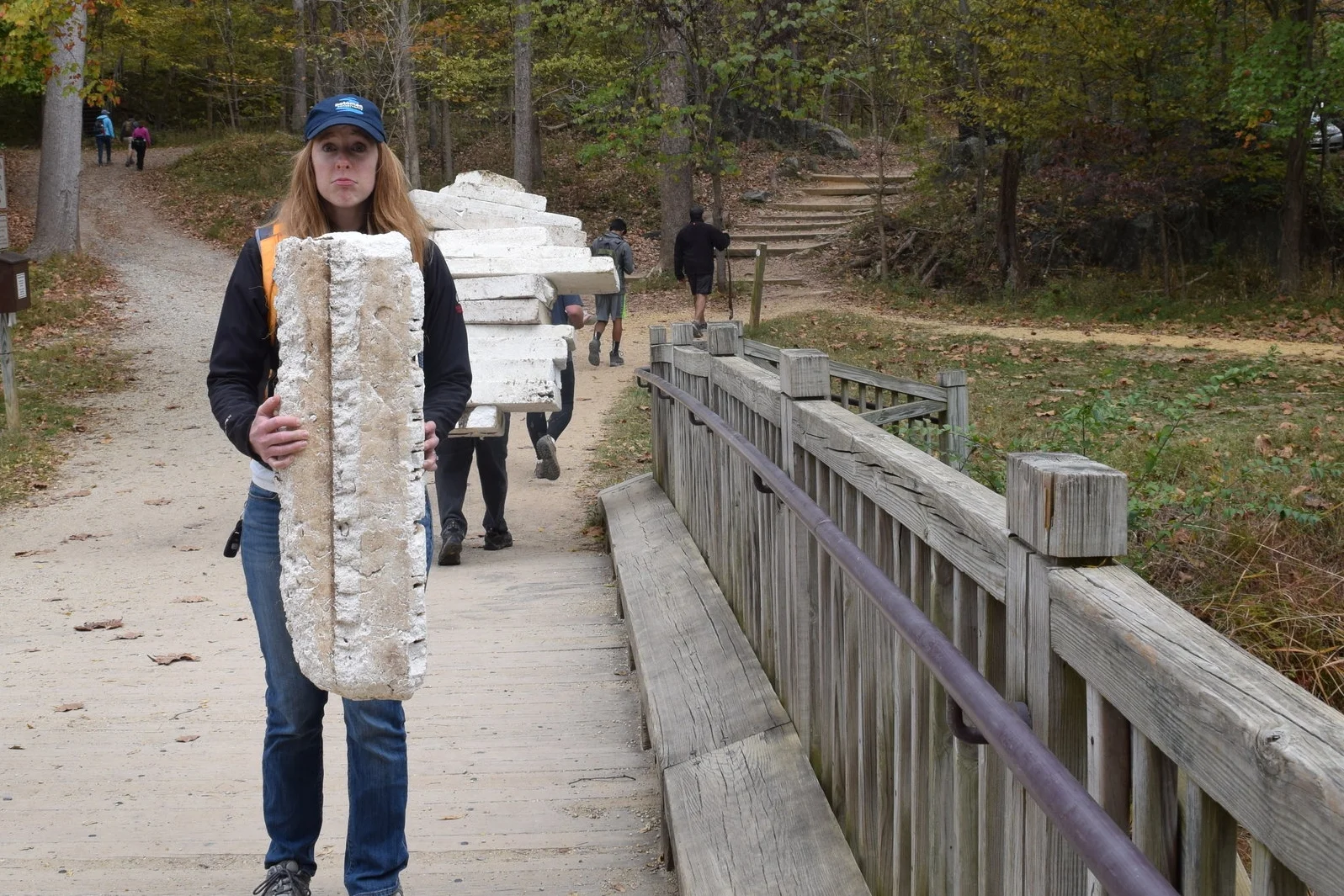

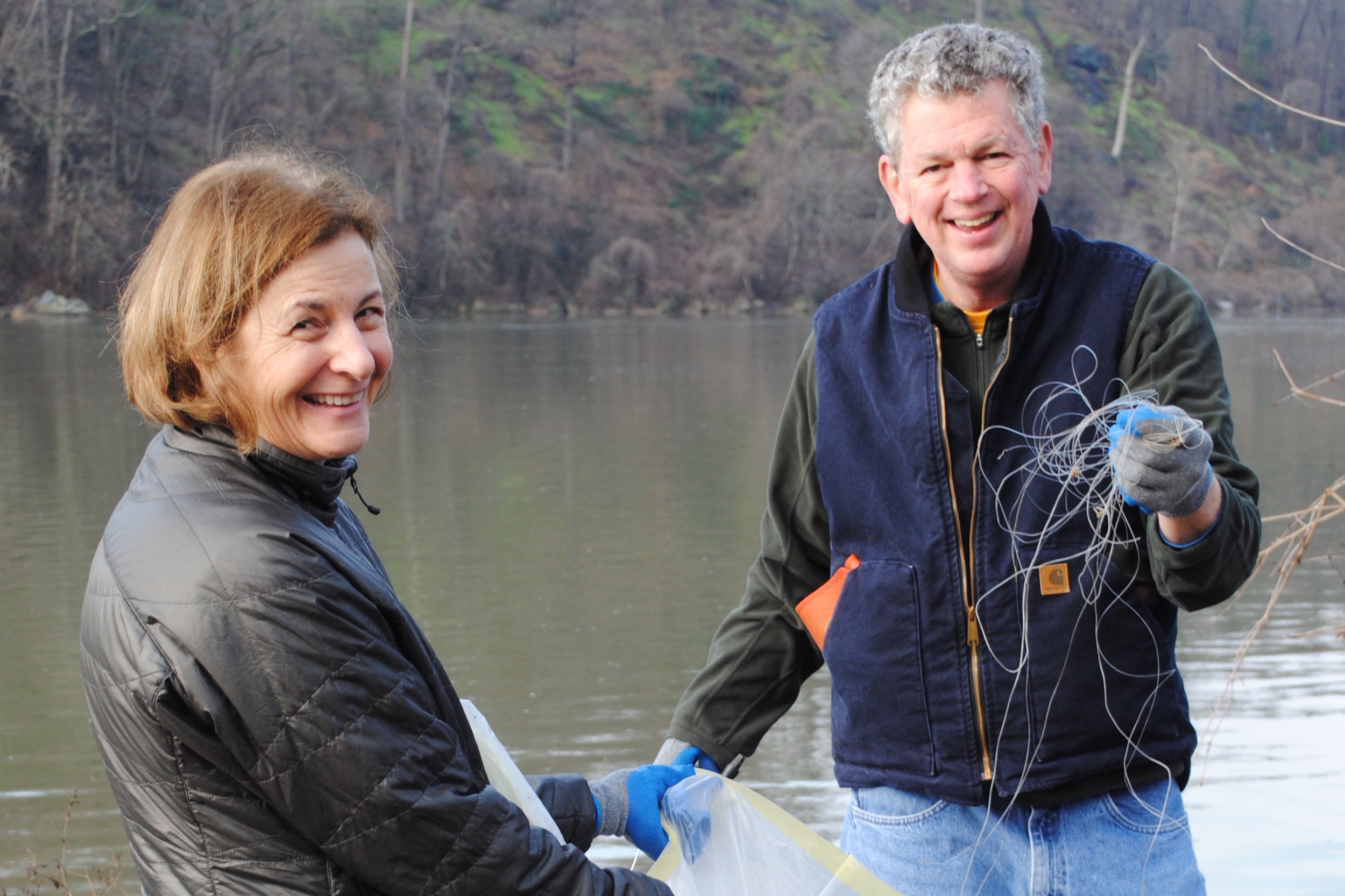






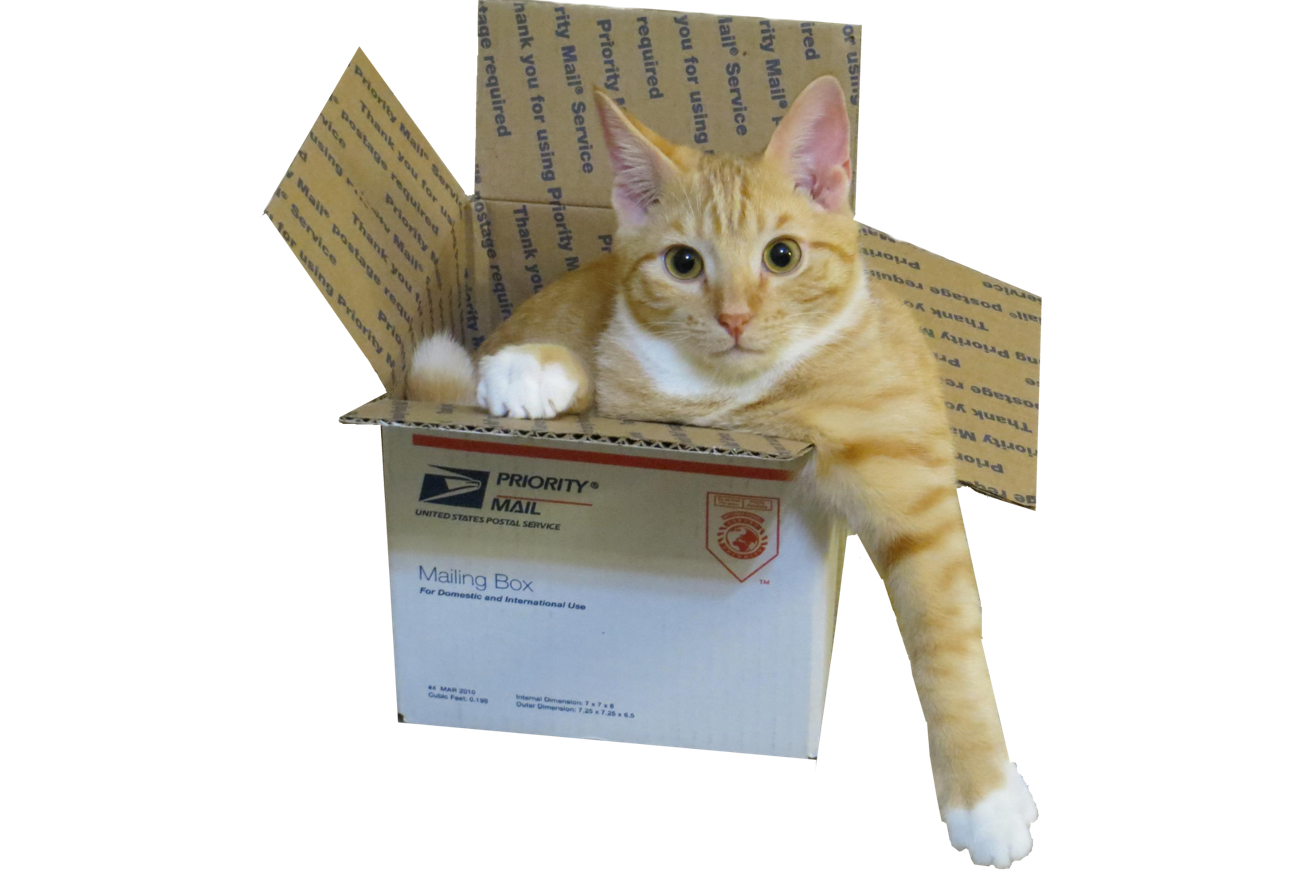



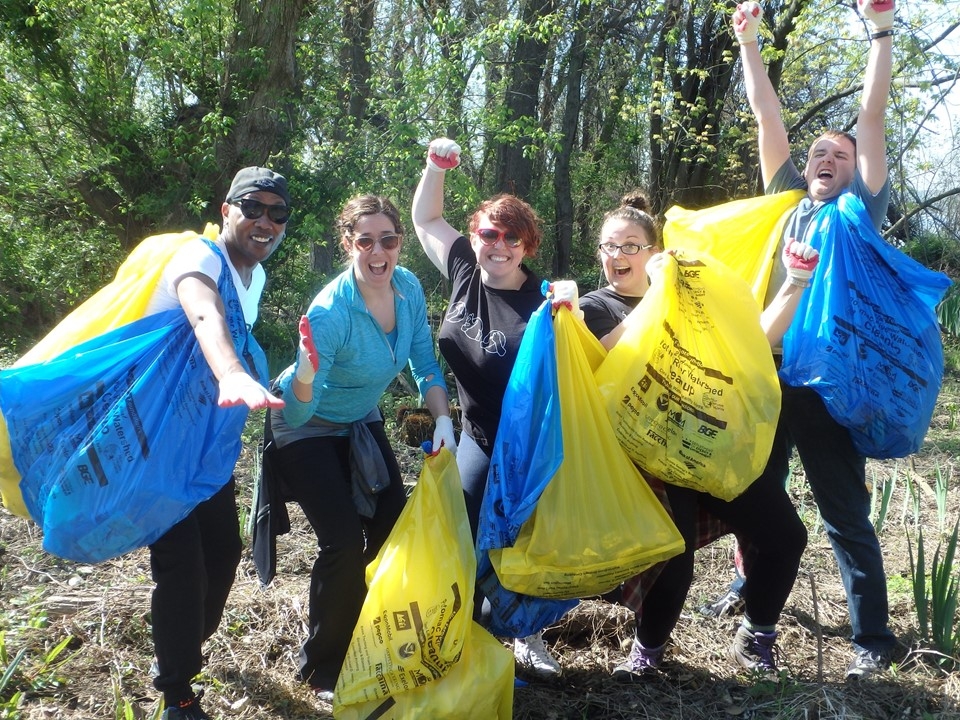
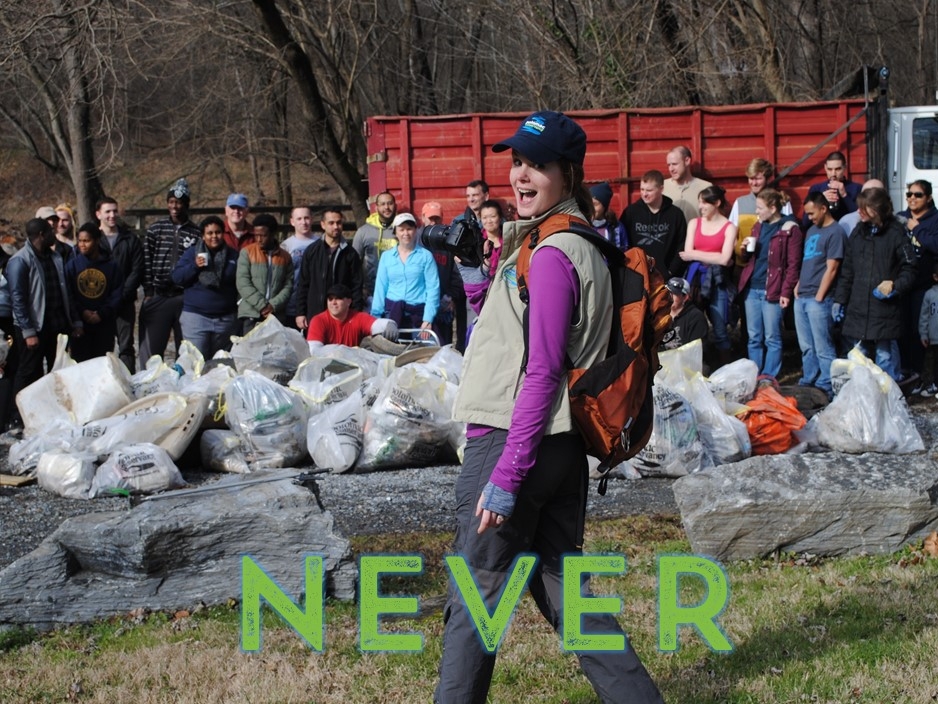








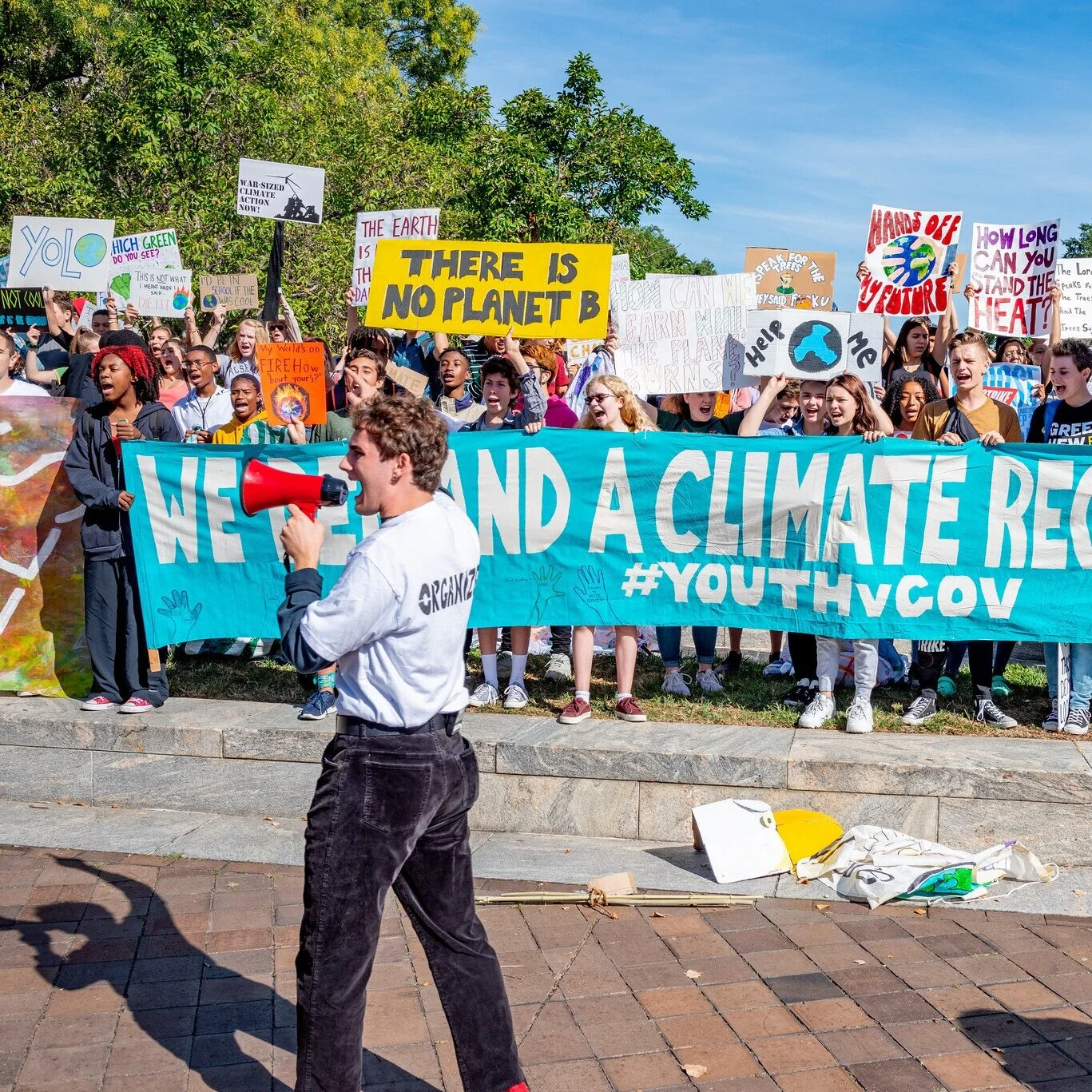
The Potomac River region gave Stephen and Eliza their love story so they decided to give back to our region. Hear more about their story and how our incredible region played a role.